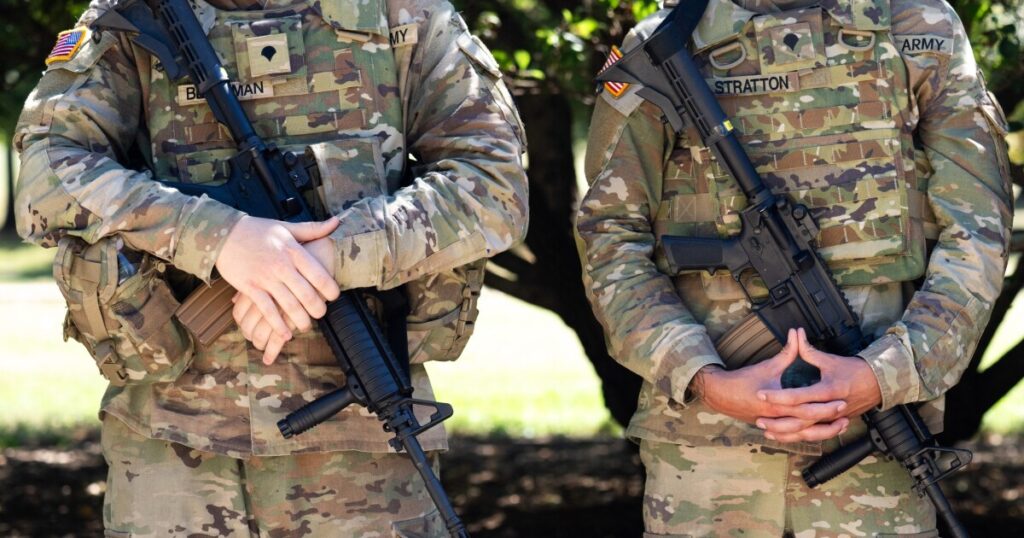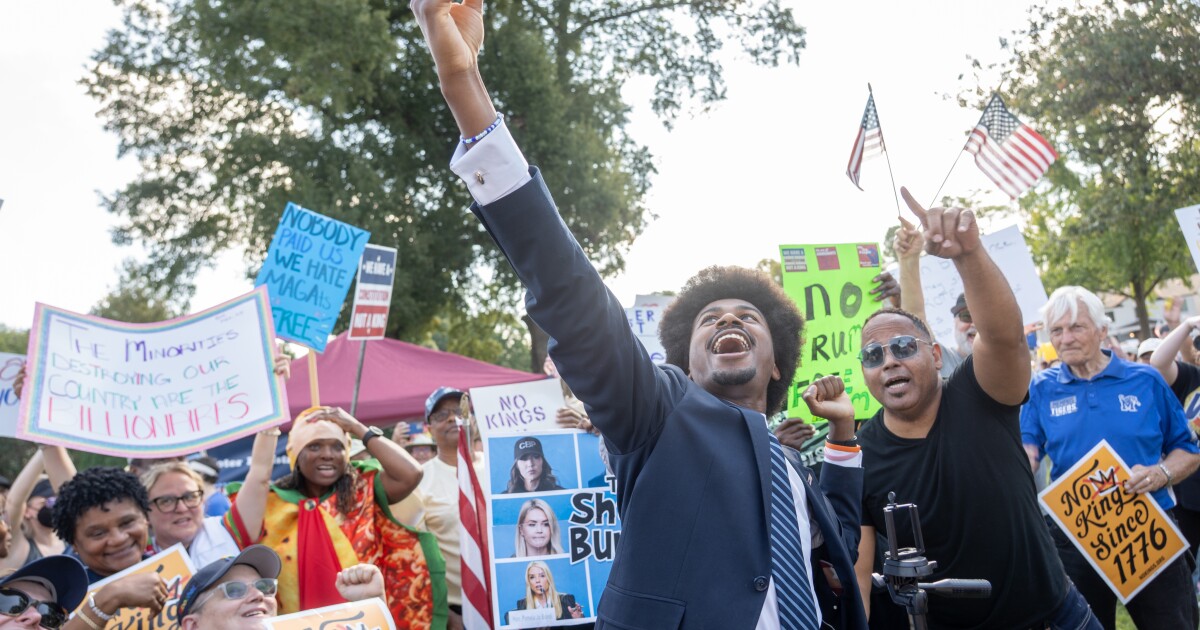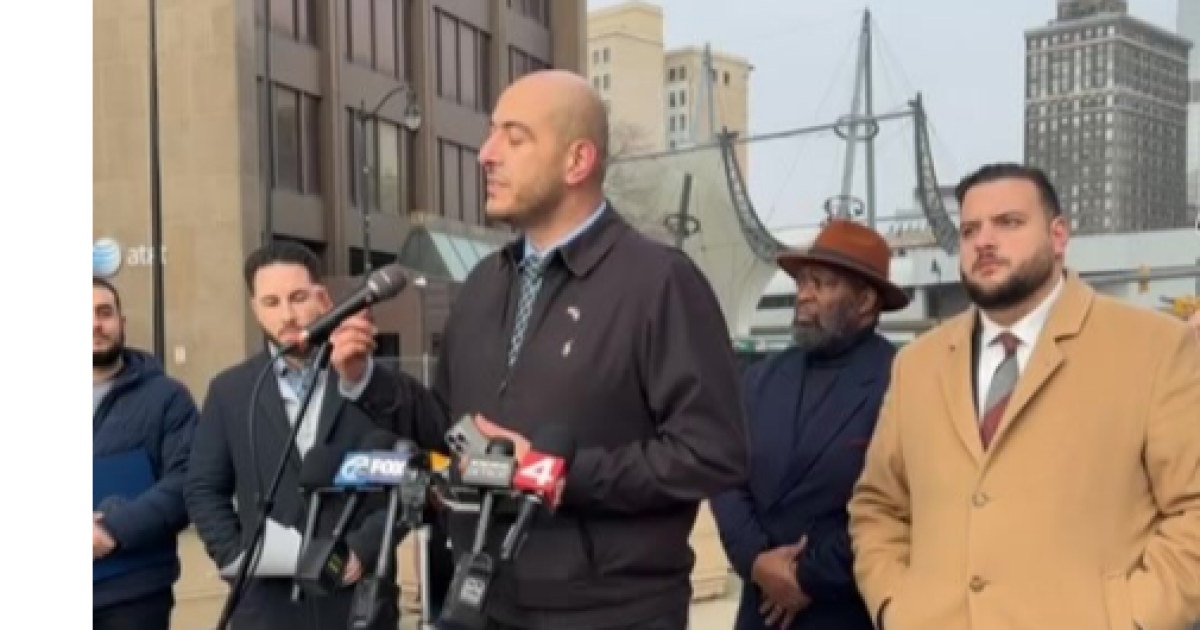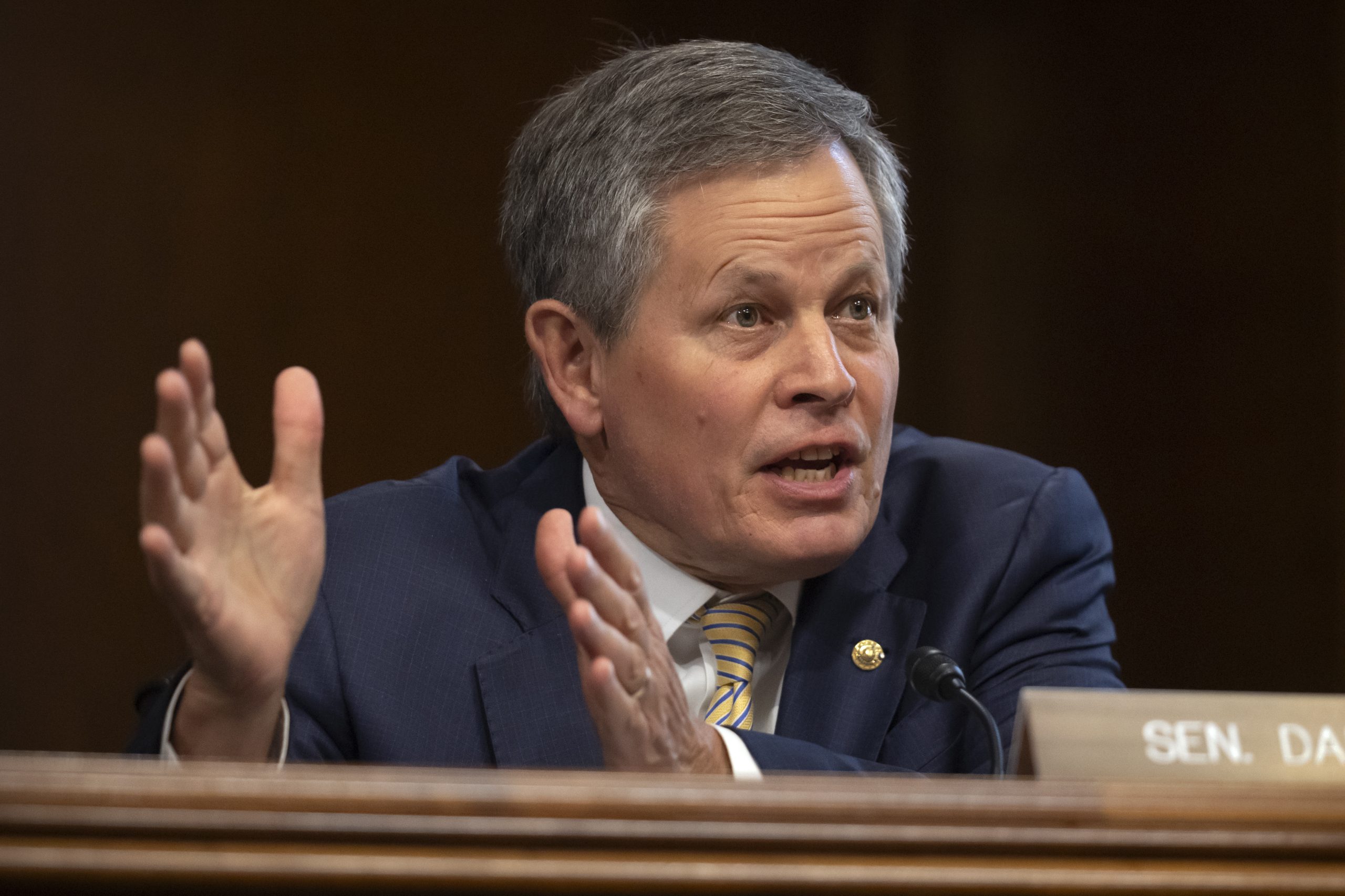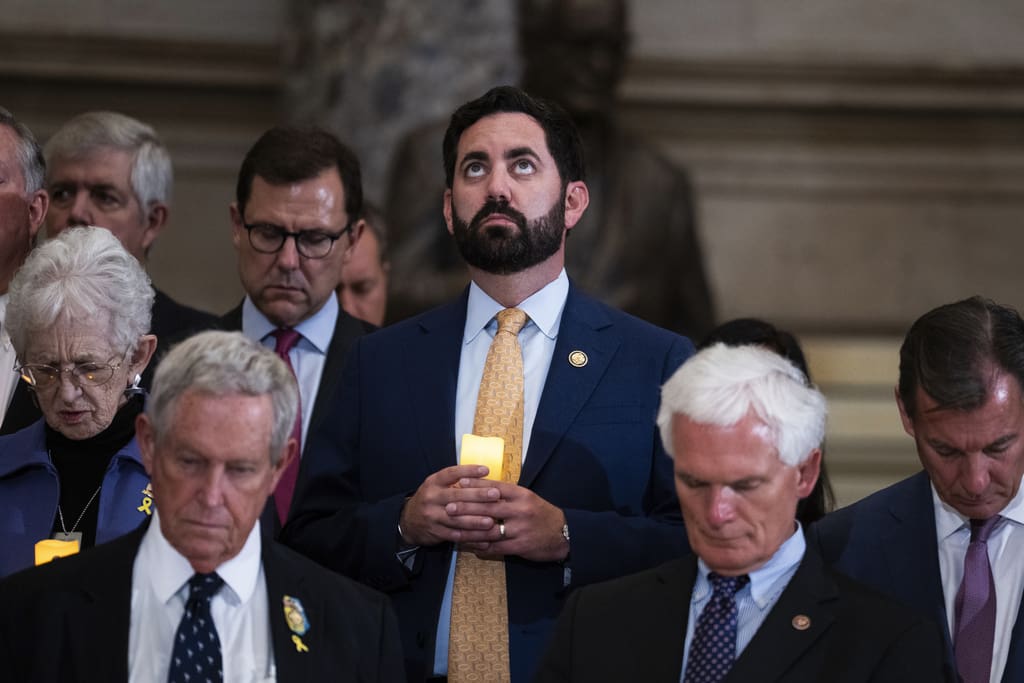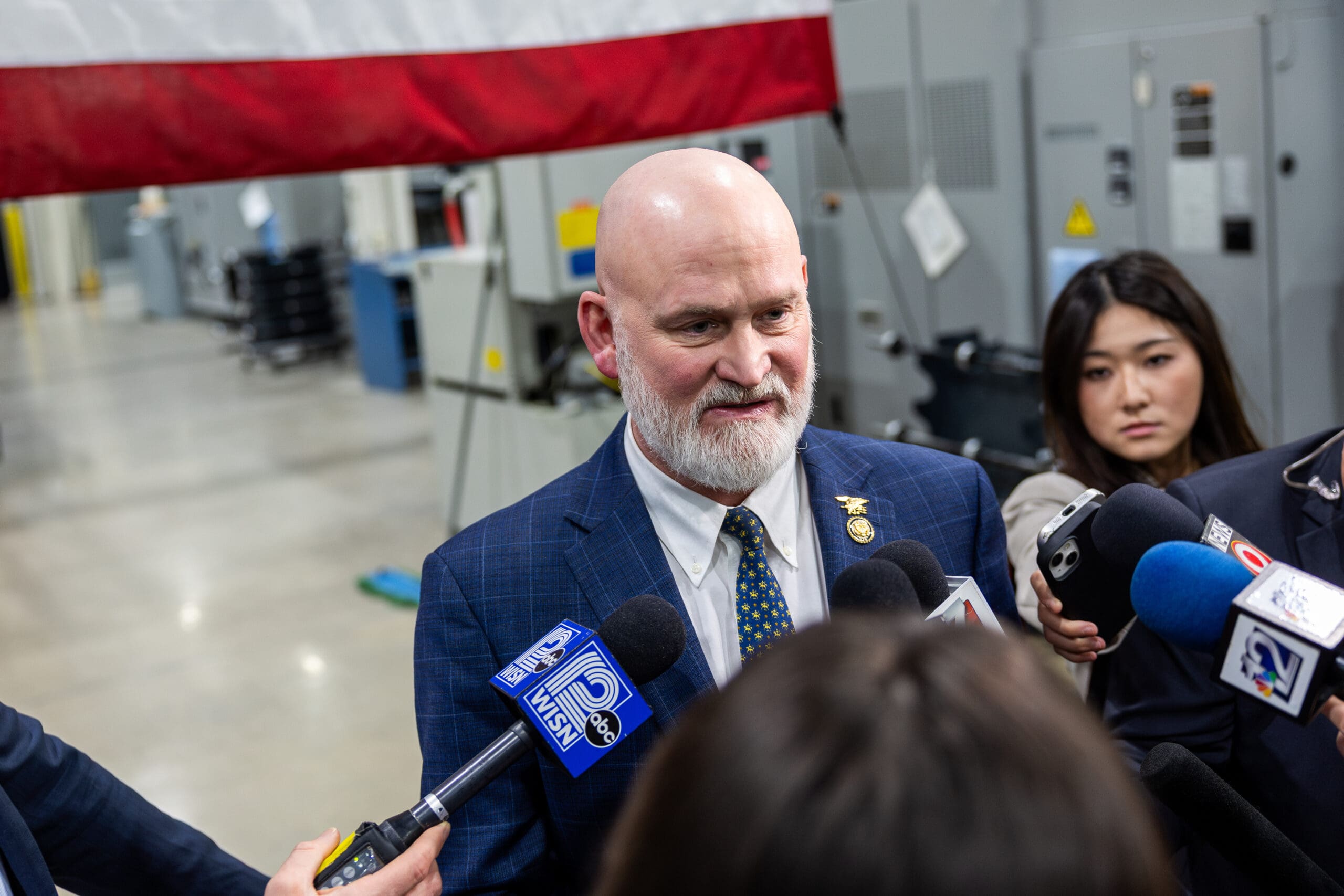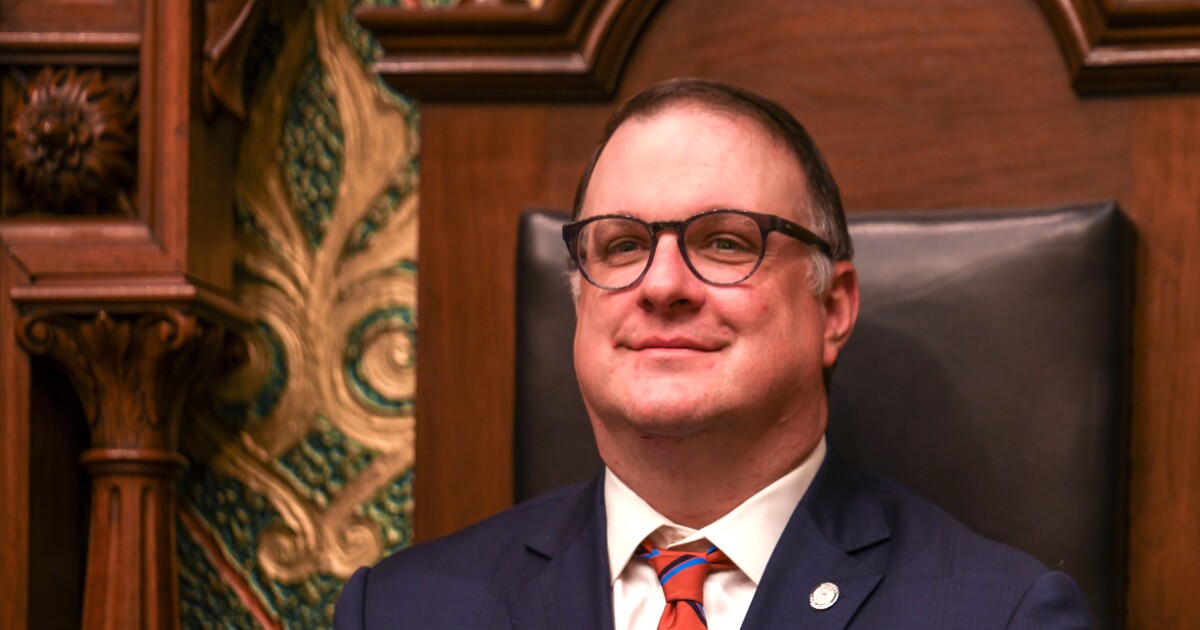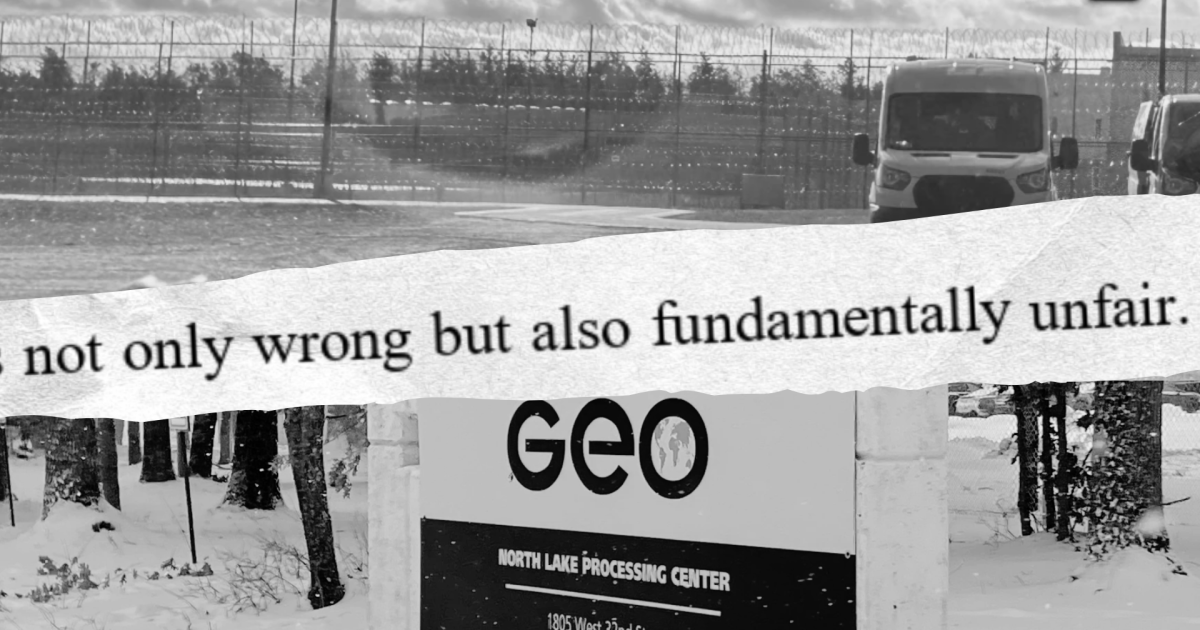The Trump administration’s efforts to deploy National Guard troops in various U.S. cities have sparked a mix of reactions, from protests and legal challenges to acceptance. This initiative is part of a broader strategy to address what the administration views as rampant crime in certain areas.
Targeted Cities and Deployment Actions
In recent months, National Guard troops have been sent to several cities. In June, Los Angeles received a significant number of troops, followed by Washington, D.C. in August. This trend has continued, with plans to send troops to other locations. On social media, Attorney General Pam Bondi mentioned the establishment of a federal task force in Memphis, Tenn., but did not confirm the involvement of National Guard troops.
Meanwhile, Illinois Gov. JB Pritzker noted that the administration aims to station 100 troops in Chicago. The Oregon National Guard is also preparing to comply with a request for 200 troops in Portland, as reported by Oregon Public Broadcasting.
In Louisiana, Gov. Jeff Landry has called for up to 1,000 troops to address high crime rates in cities such as New Orleans and Baton Rouge. Missouri Gov. Mike Kehoe has approved the use of state National Guard for support tasks at ICE facilities, following a request from the Department of Homeland Security.
President Trump has also mentioned Baltimore as a potential target, though Maryland Gov. Wes Moore has resisted the idea and instead pledged additional state resources to combat crime.
Legal Implications of Troop Deployments
The legality of these deployments often centers on two key statutes. The Home Act Rule grants presidential authority over the National Guard in Washington, D.C., where deployments have occurred.
However, the situation differs in other states. The Posse Comitatus Act restricts military involvement in domestic law enforcement without Congressional approval. A U.S. District Judge, Charles R. Breyer, determined that the deployment in Los Angeles contravenes this act, though the ruling is confined to California.
Efforts in Oregon and Portland to secure a restraining order against troop deployment cite overreach by the President, as reported by OPB. In states governed by Republicans, legal experts believe the deployments might be more defensible.
“If the governor wants to invite troops from other states in — it may or may not be pointless — but legally speaking it’s not necessarily problematic, as long as they’re respecting people’s constitutional rights,” commented Rosa Brooks, a Georgetown University law professor, to NPR.
Emerging Patterns and Partisan Responses
A discernible pattern is the partisan divide in reactions to these deployments. Democratic governors, such as California’s Gavin Newsom, Illinois’ Pritzker, and Oregon’s Tina Kotek, have opposed them.
Newsom described Trump’s orders as “illegal” and “immoral,” while Pritzker urged on X to “Stop using military troops and ICE to invade and disrupt American cities.”
Conversely, Republican governors have shown support for the interventions. Legal experts point to a broader trend of normalizing the presence of armed troops in American cities, which challenges the longstanding tradition of limiting military roles within the country.
“It continues to get Americans used to the idea that that’s a normal thing, and that as you go about your daily business, you should just get used to it, and that’s the way it’s going to be. And is that intimidating? Is that chilling to most ordinary people? It is to a lot of people,” Brooks notes.
Copyright 2025 NPR
—
Read More Michigan News

